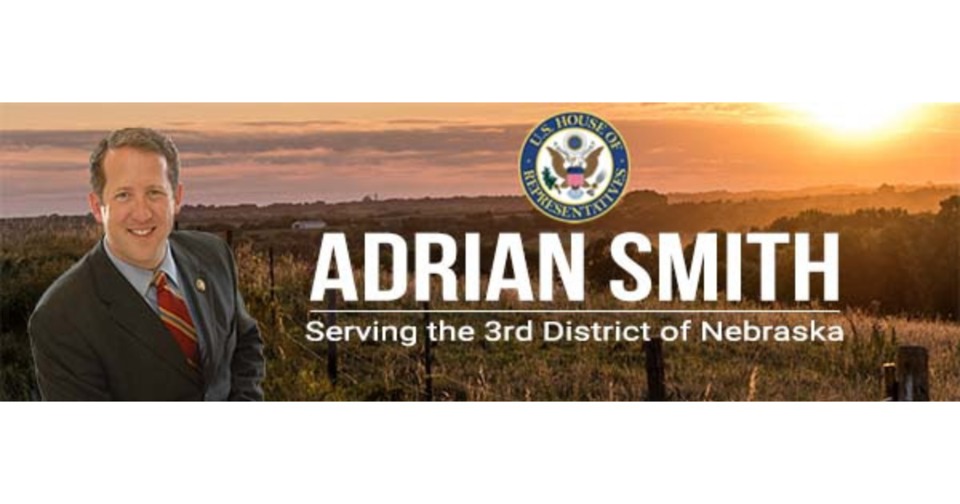Refusing to Negotiate Frustrates Good-Faith Legislating

This week, prior to the September 30 deadline to authorize funding for federal government operations for the next fiscal year, Congress passed legislation to temporarily extend current federal funding to December 20, 2024. While measures in the bill to address the effectiveness of the Secret Service were clearly needed, this result was far from ideal.
Earlier this month, I voted in favor of Speaker Johnson’s plan to fund the government into March while strengthening election integrity by enhancing protections against illegal immigrants voting in the upcoming election. However, the Democrat-controlled Senate, which has made virtually no effort to pass its own appropriations bills all year, refused. When the one side of a disagreement won’t talk to the other, it frustrates good-faith legislative work.
Restoring fiscal responsibility to Washington is important. Political realities did not permit House Republicans to dictate the way forward on our preferred terms. Shutting down the government in a time of economic instability less than 40 days prior to elections unwisely cedes leverage to the Biden-Harris administration. The 2013 federal government shutdown showed what can happen when a Democrat administration determined to proclaim the power of the federal government in our daily lives executes a government shutdown at its own discretion. During that shutdown, President Obama made sure the American people felt the pain of the shutdown, as his administration abused its discretion by refusing to guarantee veterans benefits and blocking World War II veterans from Washington, DC’s war memorials.
Navigating disagreement and compromise is inherent to how our founders designed our system of government. As control of Congress and the White House is currently divided between the parties, no one can expect to get everything they want. Refusing to talk makes finding real solutions impossible.
The lack of communication on key issues is made all the more obvious by the inclusion of additional funding for the Secret Service in the spending extension. It should not take a second assassination attempt on President Trump and continued threats from Iran to underscore the urgency of ensuring the Secret Service has the resources it needs to perform its duties. Despite this, I’m glad the legislation passed this week enhances Secret Service funding and mandates strict oversight by requiring Department of Homeland Security to provide all materials requested by the House’s bipartisan task force on the attempts to take President Trump’s life.
Instead of punting on difficult spending questions, Washington must get back to responsible use of taxpayer dollars and put an end to the overspending, waste, fraud and abuse we’ve seen during the Biden-Harris administration’s spending spree. This ultimately requires us to return to regular order and properly consider the 12 annual appropriations bills which fund federal operations. It’s also important we find solutions to address the primary drivers of our debt: mandatory spending and interest on the national debt. These obligations make up 72 percent of federal expenditures and cannot be addressed through the regular appropriations process.
Growing our economy through sound economic and tax policy which incentivizes job creation is an essential part of getting our fiscal house in order. Providing predictability to American businesses spurs growth and encourages hiring, which will in turn help more Americans achieve independence by getting them off the sidelines and into the workforce. I work every day to implement the feedback I hear from Nebraskans on how we can encourage growth and regain fiscal sanity. Combating inflation, strengthening supply chains, and preventing expiration of the successful Trump tax cuts of 2017 are essential components of this.
